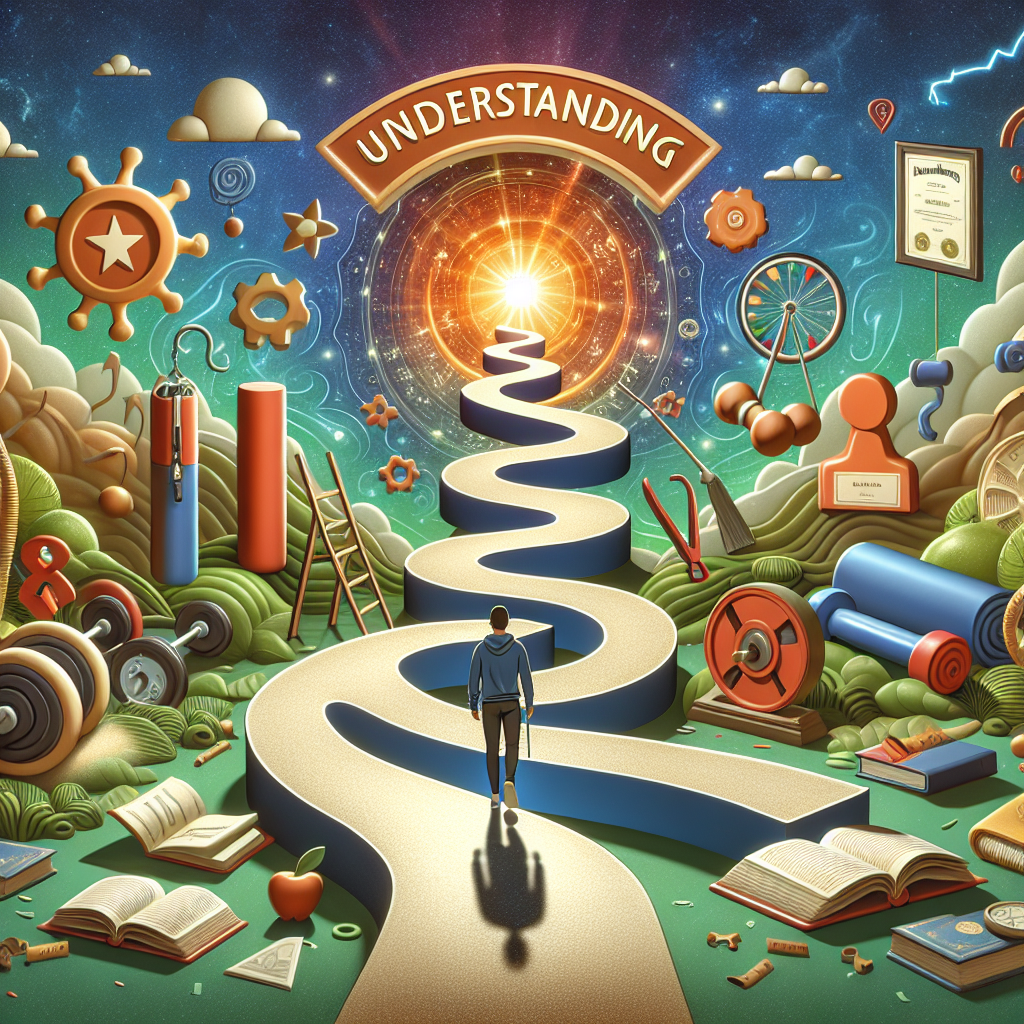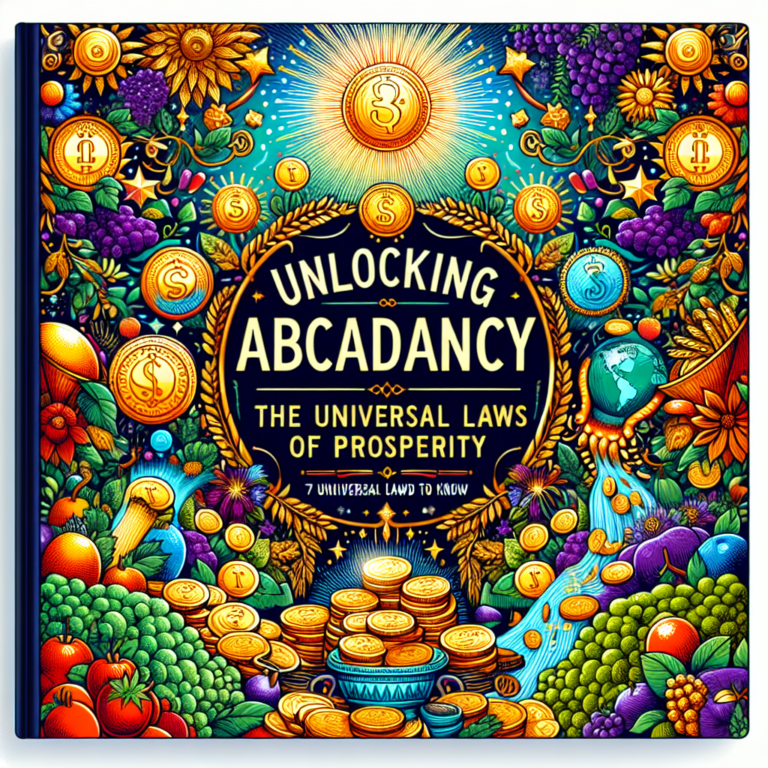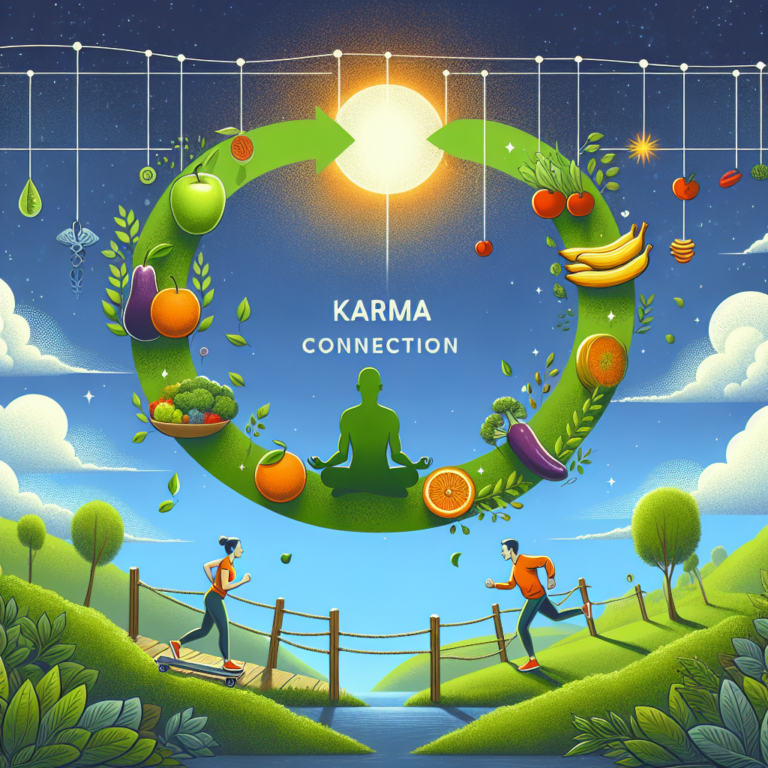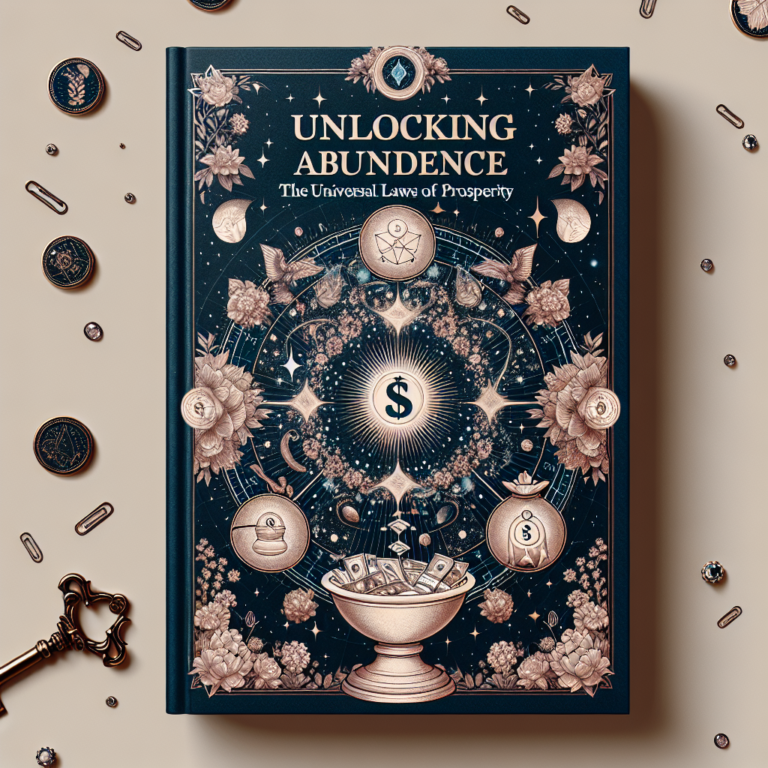Karma is a concept that has captivated minds across cultures for centuries. It originates from the Sanskrit word “karman,” meaning “action” or “doing.” While many people associate karma with the idea of cosmic justice or retribution, its deeper meaning encompasses a path to personal growth and development. In this article, we will explore what karma truly means, how it operates, and how embracing this ancient principle can lead to self-improvement, healthier relationships, and a more meaningful life.
The Origins of Karma
Karma has its roots in ancient Indian philosophies and religions, especially in Hinduism, Buddhism, and Jainism. In these traditions, karma explains the principle of cause and effect, detailing how our actions can influence our future experiences.
Karma in Hinduism
In Hindu belief, karma consists of three types:
- Sanchita Karma: This is the accumulated karma from all past lives. It includes all actions that have been committed but not yet experienced.
- Prarabdha Karma: This karma consists of that portion of Sanchita Karma that is currently being experienced in one’s present life. It is considered the “live” portion of one’s karmic debt.
- Aagami Karma: Actions that one takes in the present, which will form future karma.
Karma in Buddhism
Buddhism similarly incorporates the concept of karma, focusing on the moral quality of actions. The Buddhist view emphasizes that intention behind actions plays a crucial role in the karmic cycle. Notably, positive intentions lead to favorable outcomes, while negative intentions can create suffering.
The Law of Cause and Effect
The fundamental tenet of karma lies in the law of cause and effect. Every action has consequences, either immediate or eventual. This principal aspect of karma highlights the following points:
- The interconnection of all beings: What one person does can affect the lives and experiences of others.
- The significance of intention: Our motives behind actions are vital; they influence not only outcomes but also the state of our being.
- The importance of mindfulness: Understanding that our actions, thoughts, and decisions can shape our reality encourages a more thoughtful approach to daily life.
Personal Growth Through Understanding Karma
Recognizing the principles of karma offers a roadmap for personal growth. By reflecting on our actions and their consequences, we can foster a life marked by greater awareness, compassion, and fulfillment.
1. Cultivating self-awareness
Awareness of our own actions and their effects is the first step toward personal growth. Self-awareness invites deep reflection upon:
- Our motivations for actions
- The impact of our behavior on others
- Patterns in our lives that may stem from past actions
By fostering self-awareness, we can begin to make more intentional choices, leading to a more positive cycle of karma.
2. Embracing responsibility
Understanding karma teaches us that we are responsible for our actions and their consequences, both good and bad.
- This responsibility empowers us to take control of our lives.
- It encourages us to own our mistakes, learn from them, and strive toward better behavior.
3. Developing compassion and empathy
As we recognize the interconnectedness of all beings through karma, we naturally cultivate greater compassion and empathy towards others. Here’s how this contributes to personal growth:
- We become more understanding of others’ circumstances and their own struggles.
- Our relationships improve as we engage with kindness and love, leading to positive karma in our own lives.
4. Practicing mindfulness
Mindfulness is a crucial practice for understanding karma. When we live in the present moment, we are less likely to act out of reaction or impulse, and instead can respond thoughtfully. Benefits include:
- Increased clarity about our intentions
- Better decision-making aligned with our values
- Heightened ability to manage stress and negative emotions
Karma and Relationships
Karma does not only pertain to the individual; it also plays a significant role in how we interact with others. Our relationships are shaped by the karmic cycle, where the actions we take affect both ourselves and those around us.
The Ripple Effect of Actions
One key aspect of karma in relationships is the ripple effect of our actions. Simple actions—whether kind or unkind—can have lasting repercussions.
- A small gesture of kindness can uplift someone’s day and create a chain of positive interactions.
- Similarly, harmful actions can lead to hurt feelings and strained relationships.
Forgiveness and Letting Go
A crucial component of transforming negative karma into positive outcomes is the act of forgiveness. By forgiving others, we release ourselves from the burden of resentment:
- Forgiveness allows for healing and fosters healthier relationships.
- It also creates space for new, positive karma to flourish.
Practical Ways to Harness Karma for Personal Growth
Understanding karma provides myriad opportunities for personal growth. Here are practical steps you can take to harness its principles:
1. Reflect on your actions
Regular self-reflection helps identify patterns in behavior. Consider keeping a journal to note:
- Your daily actions and interactions
- Times when your actions led to fulfilling experiences or negative outcomes
- Your feelings and intentions behind your choices
2. Set intentional goals
Create specific, values-driven goals centered on personal growth. Ensure that your objectives are aligned with positive intentions:
- Focus on what you want to contribute rather than merely what you wish to achieve.
- This insight positions you to cultivate positive karma and genuine fulfillment.
3. Engage in acts of service
Serving others offers a direct path to generating positive karma. Volunteering your time, skills, or resources brings vitality not only to others but to yourself as well:
- Acts of kindness spread positivity and strengthen your connections with the community.
- Service is a way to connect and strengthen bonds, leading to both personal growth and fulfillment.
4. Practice gratitude
Gratitude is one of the most powerful tools for reshaping your karma. By focusing on what you are thankful for:
- You shift your perspective from scarcity to abundance.
- This shift fosters a higher vibration in your life, attracting more positivity.
Common Misconceptions About Karma
Despite its widespread acknowledgment, many misconceptions about karma persist. Understanding these myths can enhance your grasp of this profound principle:
Karma is not punishment
A common misunderstanding is that karma acts as punishment for wrongdoing. In truth, karma is neutral, embodying the law of cause and effect:
- It provides opportunities for learning and growth, not retribution.
- Even negative karma can lead to insights that propel personal development.
You cannot escape your karma
Some believe that one can escape karma by external circumstantial changes. However:
- Karma is intimately tied to individual actions and choices.
- Real change begins from within as you alter intentions and behaviors.
Karma is instantaneous
Another misconception is that karma delivers immediate consequences for actions. Instead:
- Karma operates on a larger time scale.
- It may take time for the effects of actions to manifest, requiring patience and consciousness in your journey.
Conclusion
Understanding karma as a pathway to personal growth can transform the way we navigate our lives. By acknowledging the principles of cause and effect, cultivating self-awareness, embracing responsibility, and fostering compassion, we unlock the potential for profound change. Remember, every action you take creates a ripple effect that not only influences your life but the lives of others around you. Through mindful living, intentional actions, and a commitment to growth, we can harness karma for our highest good and that of the universe.
FAQs
What is karma?
Karma is the principle of cause and effect, where each action creates corresponding consequences. It emphasizes the connection between individual actions and their impact on personal experiences and relationships.
Is karma about punishment?
No, karma is not a form of punishment. Instead, it serves as a natural law that offers opportunities for learning and growth based on our actions and their consequences.
Can I change my karma?
Yes, you can change your karma by transforming your actions, intentions, and mindset. Choosing to engage in positive behaviors fosters positive outcomes and personal growth.
How does karma affect relationships?
Karma influences relationships by demonstrating how our actions impact others. Engaging in positive actions creates a ripple effect, fostering healthy and supportive connections while minimizing conflict and negativity.
Can good intentions lead to bad karma?
While good intentions are essential, the actual outcome of our actions can still lead to unintended negative consequences. It’s important to be mindful and evaluate the full impact of your actions.
https://open.ai/6db0b1bc301ebc3a7ce2fa8c8d35a78a , It seems like your message got cut off. Could you please provide more details or specify what kind of prompt you are looking for? Whether it’s a writing prompt, a creative idea, or something else, I’d be happy to help!, #Understanding #Karma #Pathway #Personal #Growth, #Understanding #Karma #Pathway #Personal #Growth, 1733988313, understanding-karma-a-pathway-to-personal-growth





